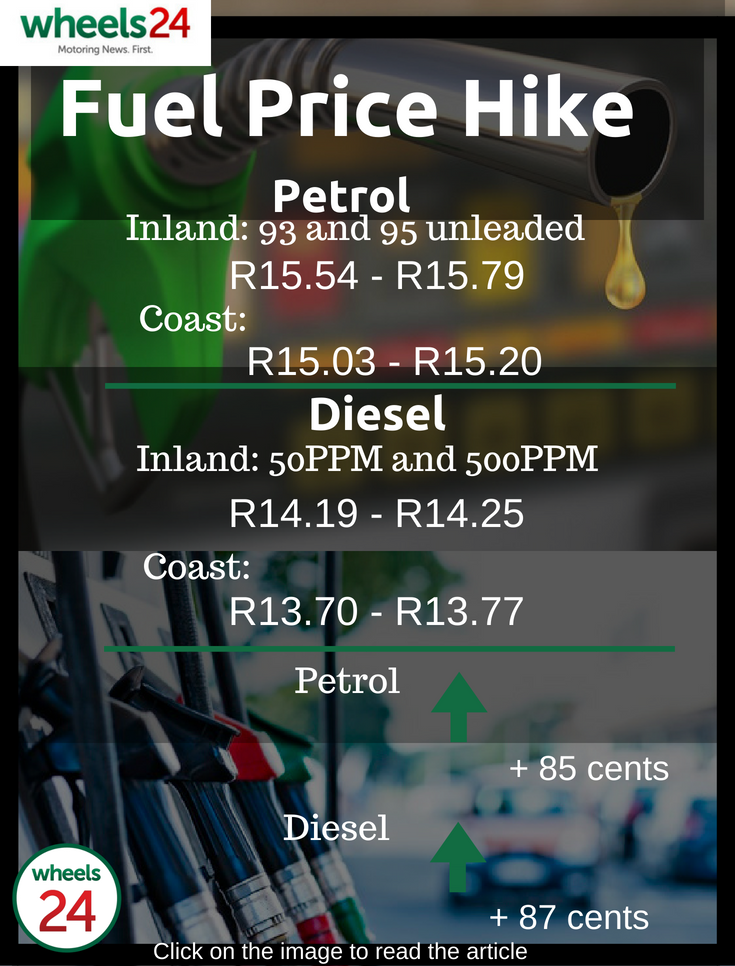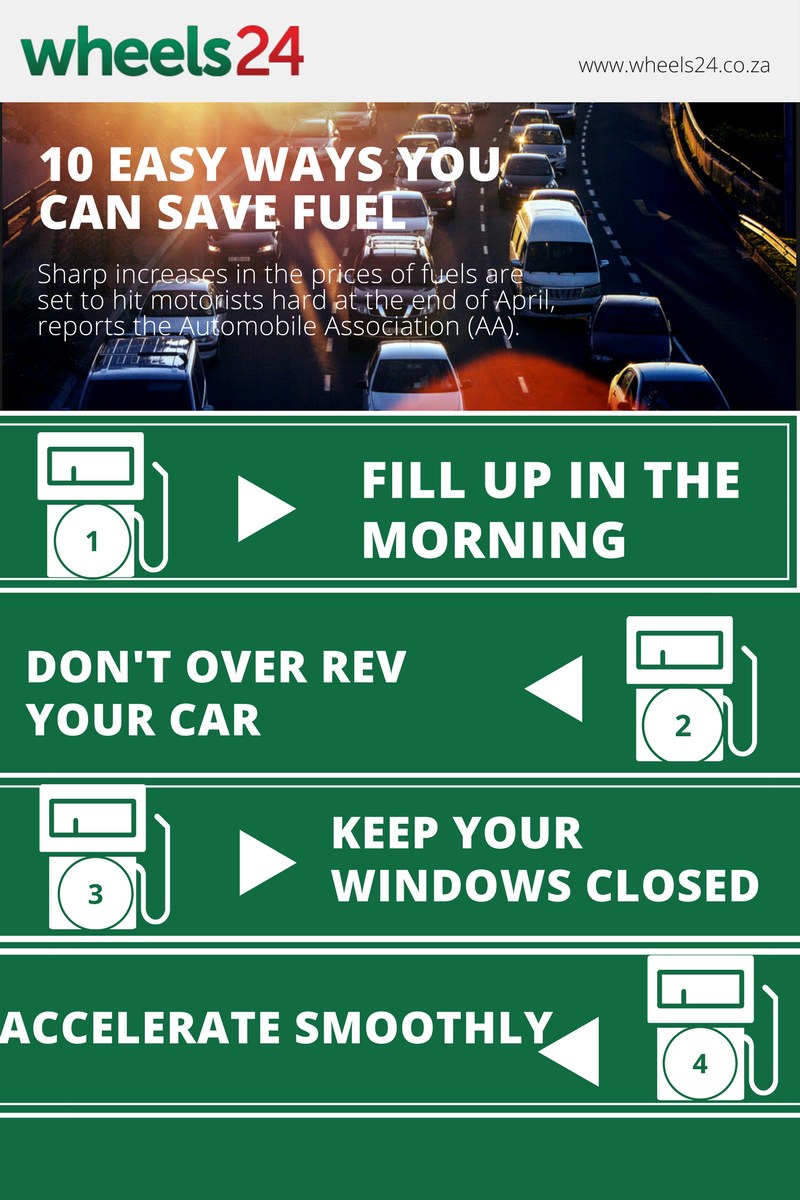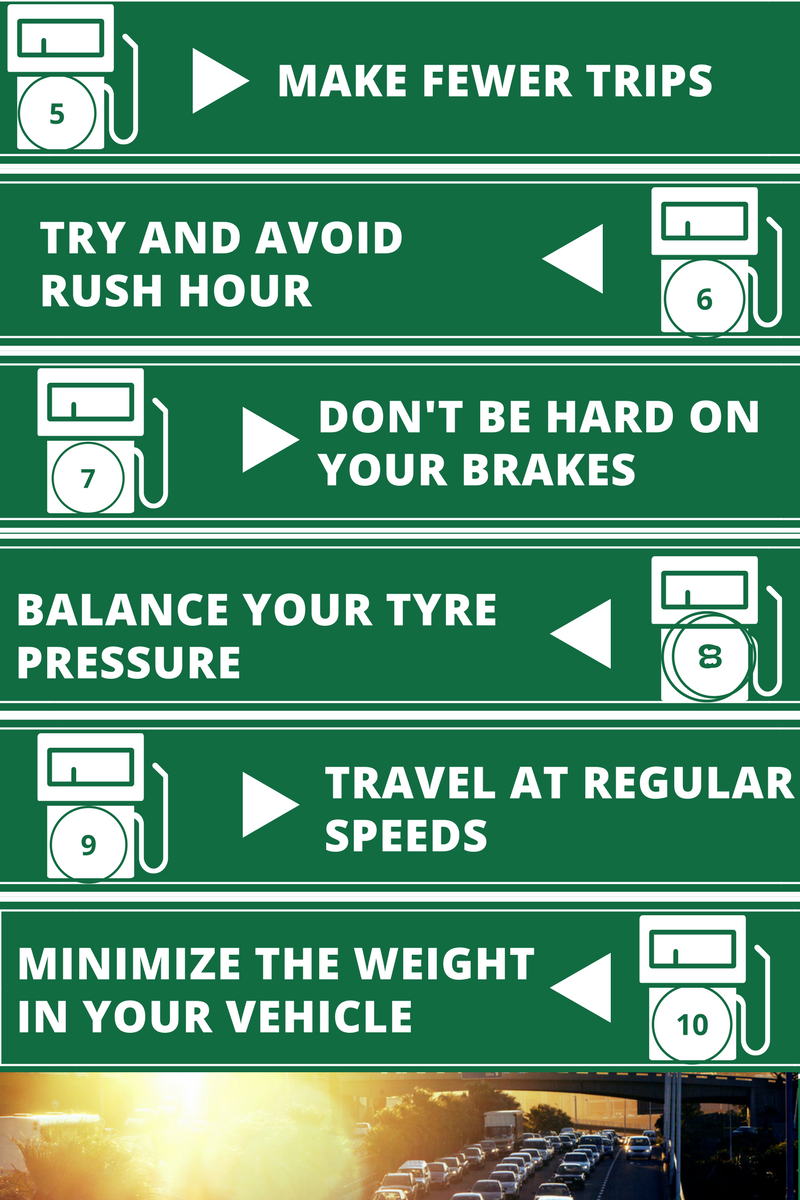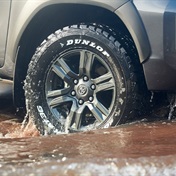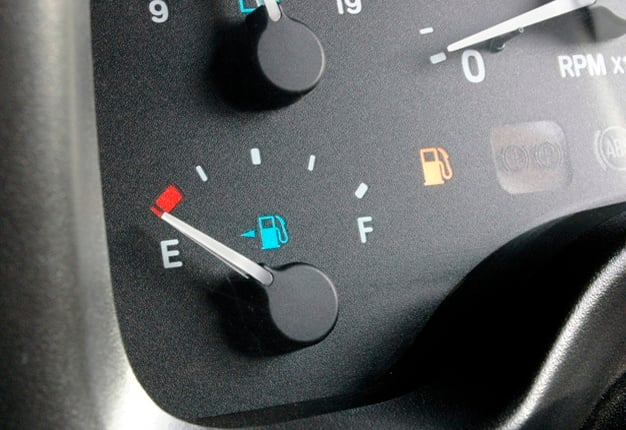
The price of petrol increased by 82 cents to more than R15 a litre - the highest South Africans have paid for fuel yet.
From June 6, motorists will fork out R15.20 (coast) and R15.79 (inland) for petrol.
During the same period in 2017, motorists breathed a sigh of relief with a 23 cents drop per litre of petrol and 25 cents for diesel, as the price hovered near R13/litre.
Why the rise in the fuel price? The spike in prices is due to a weaker rand and higher global oil prices, reports the Department of Energy.
What do you think of the fuel price hikes? Email us
We list current prices for petrol and diesel in South Africa as well as provide fuel-saving tips later in this article.
Fuel price hikes for June 2018:
Fuel prices in South Africa: Inland and Coast
Inland:
Coast:
Diesel
Fuel-saving techniques
Dewald Ranft, Chairman of the Motor Industry Workshop Association (MIWA), says now is the time for vehicle owners to review their vehicle costs and look at cost-saving alternatives that won’t compromise their vehicle or safety.
"Regular maintenance of a vehicle is the only way to ensure it remains roadworthy but is also a money-saving exercise in the long run because major breakages on a vehicle are very expensive. Regular servicing can prevent that. It’s also the best way to ensure you keep your vehicle longer. A car in good condition will run longer and possibly be more fuel efficient," he says.
In terms of price savings when it comes to maintenance, Ranft says there are excellent, accredited workshops that realise the expenses customers are dealing with and will offer a top-class service at a reasonable price.
He said: "It’s important to speak to the mechanic and share your concerns about price. There may be a way to do staggered maintenance with staggered payments or another solution. Already by using an independent workshop you are saving as services through dealers are more costly.
"The key is finding a workshop that is accredited and affiliated to an association, such as MIWA. In this way you can be assured that the workmanship has a stamp of approval and should you be dissatisfied with the service, you have a channel to go through to lodge a complaint.
"Independent workshops are small businesses wanting to stay afloat in a highly-competitive market. Keeping customers satisfied is essential to their business so more often than not they will go the extra mile to assist you," adds Ranft.
Ranft offers drivers the following fuel-saving tips:
• Accelerate at an even pace in traffic. Short bursts of the accelerator will increase fuel consumption.
• Drive in a lane which has the least traffic ahead to maintain a constant speed. The engine management system will adjust the most economical settings for the best fuel consumption.
• The first startup after a lengthy stand is the one which has the richest fuel mixture, therefore one must prevent harsh acceleration whilst the engine is still cold as this will spike the consumption figure dramatically. Do not idle a cold engine to warm it up, as this will not improve the fuel consumption nor lengthen the life of the engine.
• If you are in a heavy traffic situation and the waiting times are lengthy, do not be afraid to turn off the engine and restart once the traffic starts moving again. Modern engines are now being equipped with this function to aid fuel saving. However prevent continuous switch-offs as this will drain the battery.
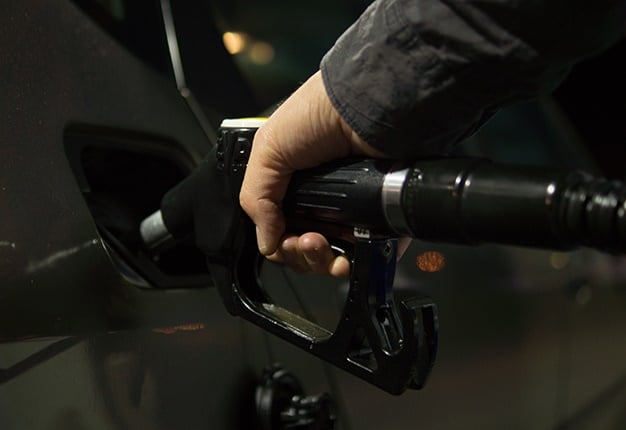
Image: Motorpress
Besides driving with fuel efficiency in mind, he also suggests getting creative about how to use your car less.
Ranft said: "Car-pooling to work, for example, is a great way to save on fuel expenses. Also plan your shopping trips better. Avoid several short trips to shops, that burn up fuel, by planning and shopping once a week. If you can walk rather than drive, do it. And consider using public transport. We have a great bus network and access to trains, such as the Gautrain, that can make getting around easier."
Here are a few tips from the Automobile Association on how to save fuel:




 Publications
Publications
 Partners
Partners




